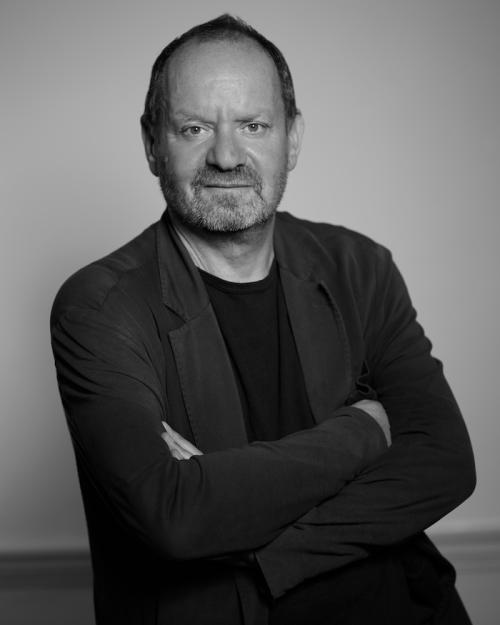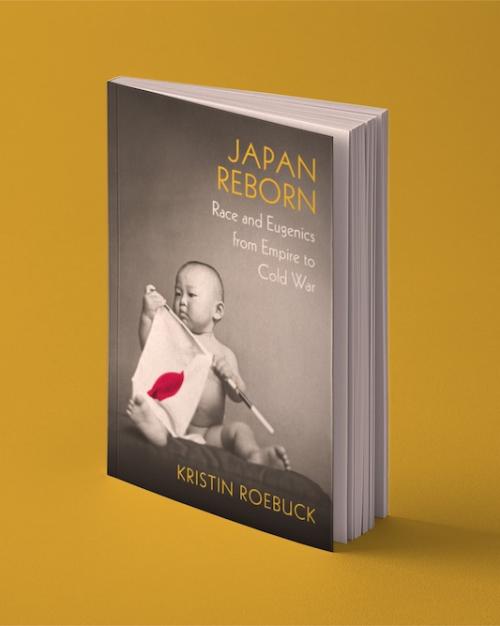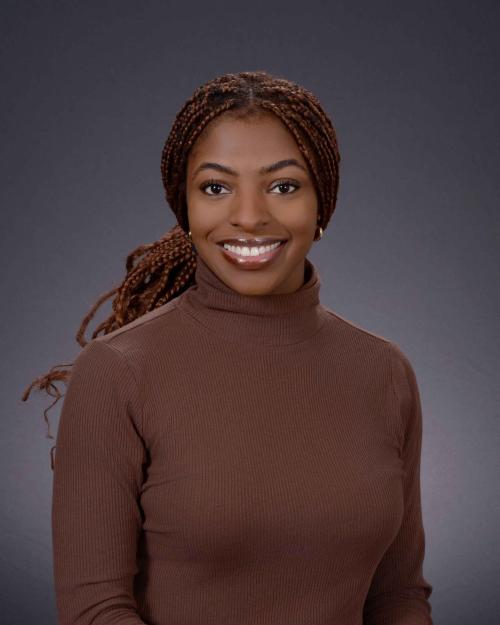Nnenna Ochuru ’25 majored in history and American studies.
As a member of the inaugural Nexus Scholars Cohort, Nnenna Ochuru ’25 knew from previous experience working on humanities projects in high school and her first year at Cornell that she wanted to explore academic research.
“[From Nexus Scholars], I got the research assistant experience, and was able to see the work professors can do outside of teaching classes,” she said. Ochuru worked with Jessica Ratcliff, associate professor of science and technology studies in the College of Arts & Sciences, helping compile and organize sources for her book manuscript on the history of museum collections and the British East India Company’s colonial involvement in India.
Despite collaborating with a fellow Nexus Scholar and two students from another research program, one aspect of Ochuru’s project that stuck out to her was the independent nature of much of her work.
“Everyone was working on something; someone was assigned to [research] one museum and someone else was assigned to another,” Ochuru said. Still, she said she enjoyed the opportunities to report her research and learn about the progress of others in regular meetings with her professor and fellow scholars. “I was interested in colonial history as a Nigerian-American, [particularly] how British colonialism has affected other countries in economic, political, and social senses.”
Furthermore, she said her experience working at the History Center in Tompkins County during her first year drew her to this Nexus project on museums. Ochuru integrated her research with her “interest in public history, [exploring] how museums have a role in holding power over objects and narratives.”
Ochuru is currently pursuing a master’s degree in education policy and analysis at Harvard University’s Graduate School of Education. “I want to further study the politicalization of education, and how it impacts our current way of looking at our nation’s past,” she said. After completing her master’s degree, Ochuru is interested in using her background in history and education policy to contribute to fields of law, government or academia.
As a word of advice, Ochuru encourages the current Nexus Scholars to be open-minded in experiential learning. “[Take] things as an experience,” she said. “[Through] experience, you learn more about yourself, what kind of [research] methods are best for you, [or] what you want to do in the future, career-wise.” For Ochuru, [Nexus Scholars] allowed her to explore history through the different stages of academic research.





